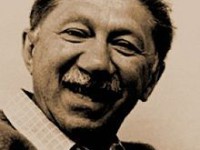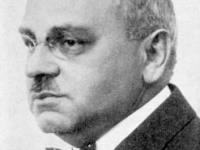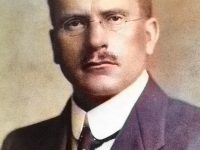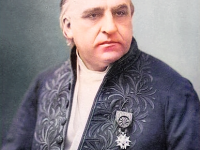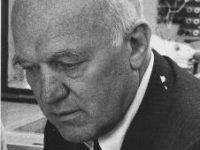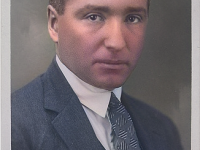The Surreal Dreams of Salvador Dalí
On May 11, 1904, Spanish surrealist artist Salvador Domingo Felipe Jacinto Dalí i Domènech, Marquis of Dalí de Púbol was born. As one of the main representatives of surrealism, he is one of the most famous painters of the 20th century. Around the year 1929 Dalí had found his personal style and genre, the world of the unconscious that appears in dreams. “Someone like myself, who claimed to be a real madman,…
Read more


